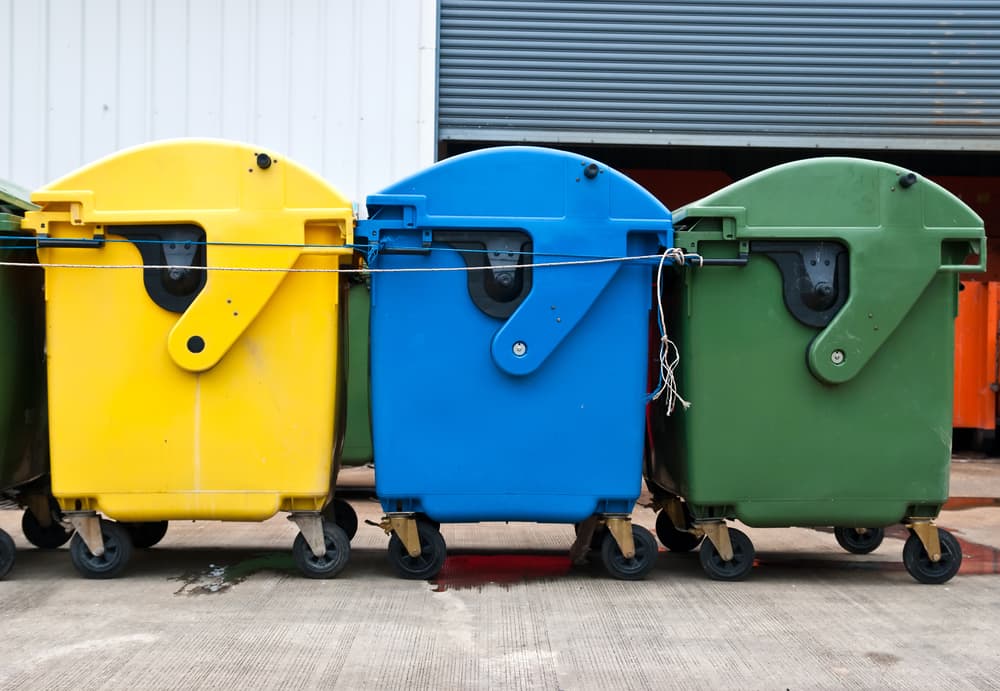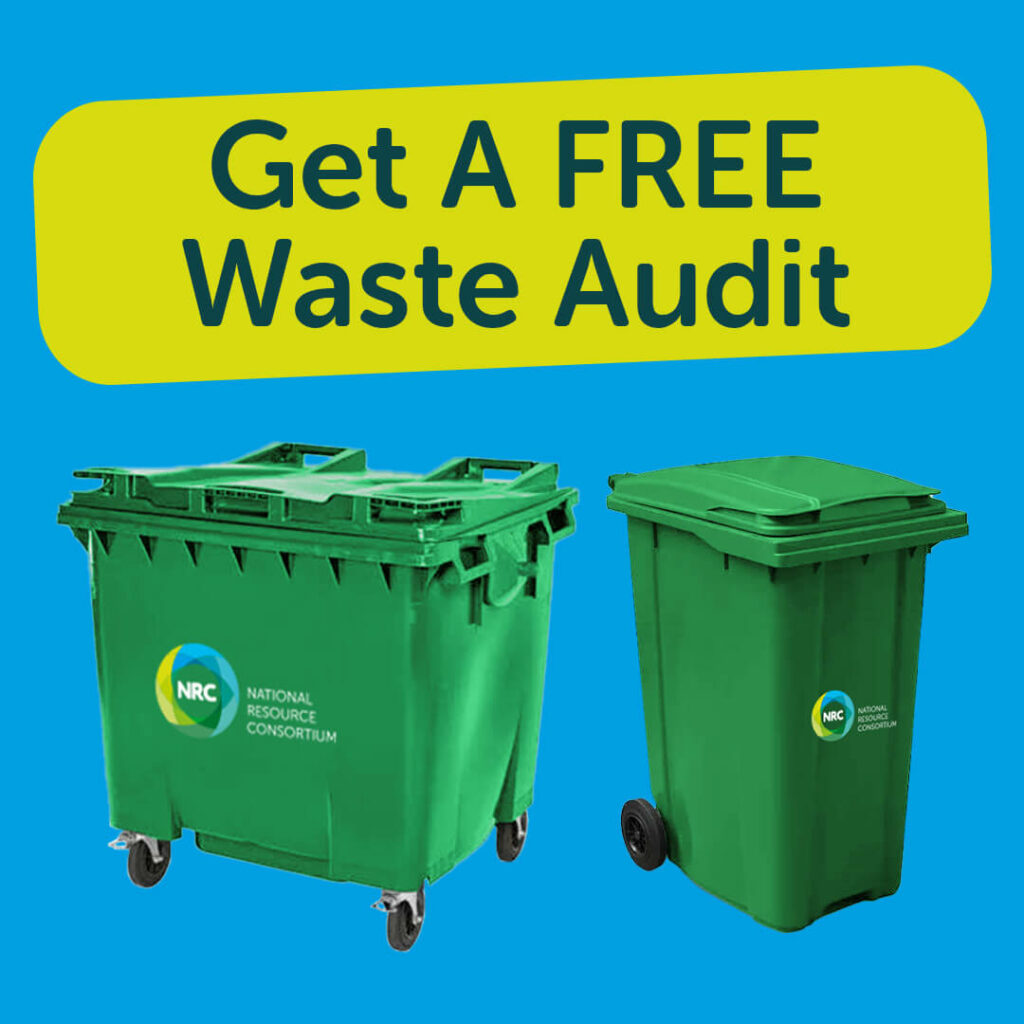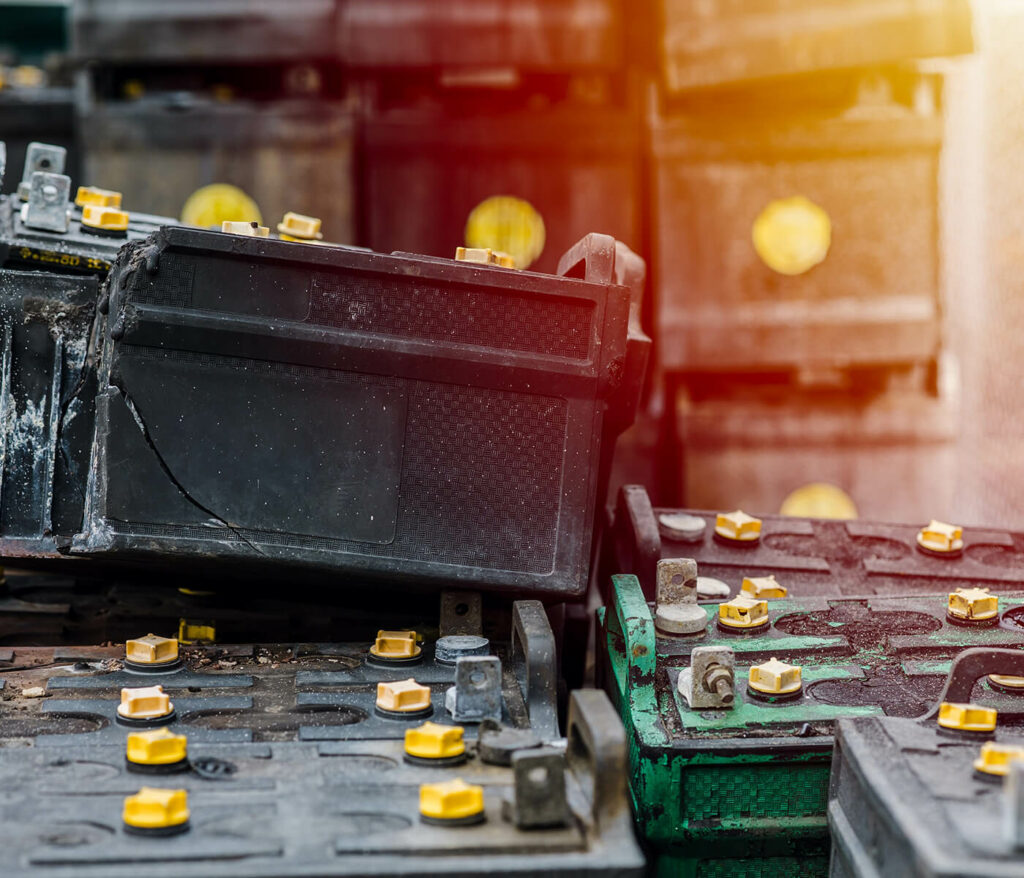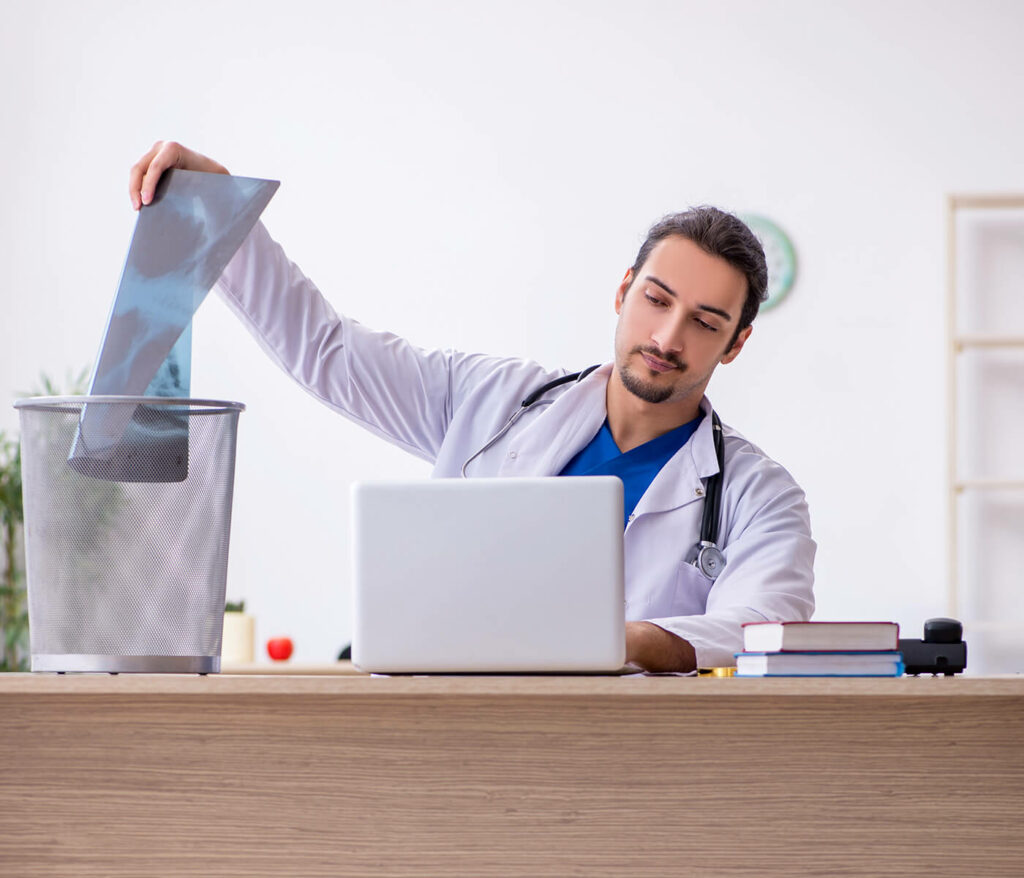May 9th, 2024
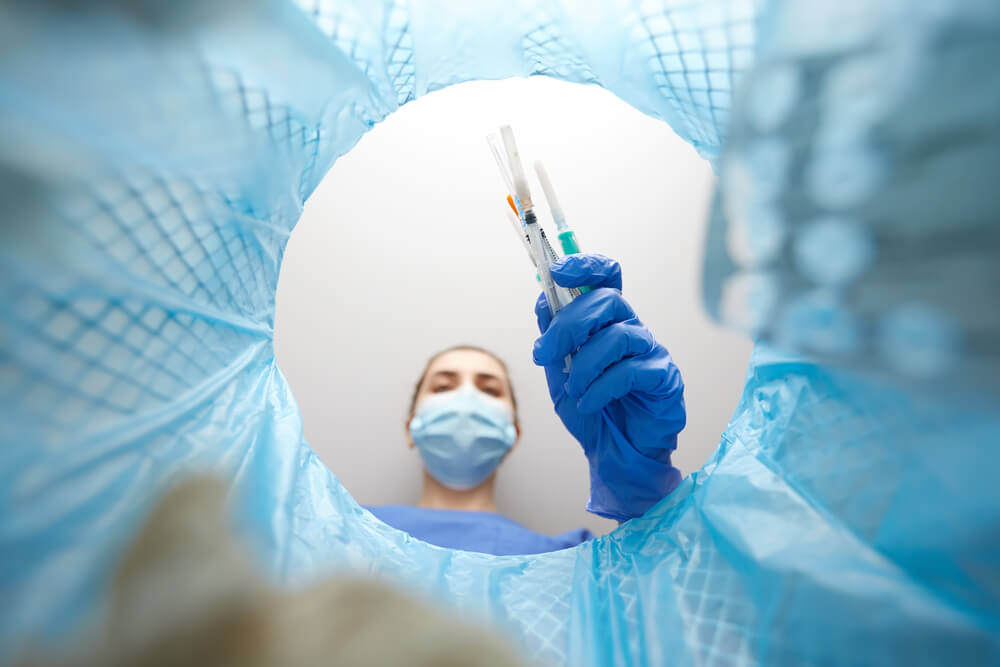
When you’re working in a place that takes care of people’s health, like a hospital or dentist’s office, you end up with a lot of waste that needs to be thrown away carefully. This isn’t just your everyday trash – we’re talking about things like used bandages, needles, and other sharps waste. It’s super important to deal with this waste the right way to keep everyone safe and to protect the environment. Let’s dive into some easy tips to help you manage clinical waste effectively.
- Know Your Clinical Waste
- Separate the Dangerous Stuff from the Safe Stuff
- Keep Track of Your Trash
- Use the Right Bins and Bags
- Why Handling Clinical Waste Properly is Important
Know Your Clinical Waste
First up, you need to know what counts as clinical waste. This is the stuff that could be harmful, like anything that’s been in contact with body fluids or used in medical procedures. It’s different from the regular waste like paper towels or food wrappers that don’t pose a risk.
Once you’ve clearly understood which of your waste is clinical, you can start the process of safe disposal.
Separate the Dangerous Stuff from the Safe Stuff
Make sure you keep harmful waste separate from the regular trash. For example, needles, used dressings, and blood bags should not be mixed with office waste or food scraps. This helps in reducing risks and makes sure each type of waste gets dealt with in the right way.
Keep Track of Your Trash
Write down what kind of clinical waste you’re throwing out, when, and how you’re getting rid of it. This helps to make sure you’re following the rules and can also help you see if there’s a way to make less waste.
Use the Right Bins and Bags
There are special containers for different types of clinical waste:
- Yellow bins are for things like used bandages or anything that’s got body fluids on it.
- Containers for sharp objects (like needles) usually have a special lid to prevent accidents.
- Red bins might be used for body parts or other serious medical waste.
Make sure everything is clearly marked so people know what goes where.
Why Handling Clinical Waste Properly is Important
Keeping Everyone Safe
Think about all the stuff in hospitals and clinics that shouldn’t just be tossed in a regular trash can – like needles, used bandages, or old medicine. If this stuff isn’t thrown away properly, it could hurt someone. Imagine someone getting poked by a used needle or falling sick because of exposure to dangerous germs. We need to be careful so that patients, doctors, nurses, and everyone else stays safe.
Helps Our Environment
Throwing away clinical waste the right way is also good for our planet. If we just dumped everything, harmful chemicals and germs could get into the ground, water, or air, and that’s bad news for everyone. By disposing of things safely, we’re making sure our earth stays cleaner and healthier.
NRC, Making Clinical Waste Management Easier
Handling clinical waste the right way isn’t just a good practice – it’s essential for keeping everyone safe and protecting our planet. It might seem like a big task, but with the right approach, it’s totally doable. And the best part? You don’t have to figure it out all on your own.
If you’re looking for sustainable, cost-effective ways to manage your clinical waste, our experts at NRC are here to help. We understand the challenges and have the know-how to make managing your clinical waste easier and more efficient. Whether you’re dealing with needles (sharps waste removal), bandages, or anything in between, we’ve got the solutions to keep your facility safe and compliant, all while taking care of the environment.
So, if you’re ready to improve how your healthcare facility handles clinical waste, reach out to us at NRC. Let’s work together to make your clinical waste management practices safer, greener, and more cost-effective. Remember, when it comes to clinical waste, doing it right means everyone wins – your facility, your community, and the planet.
